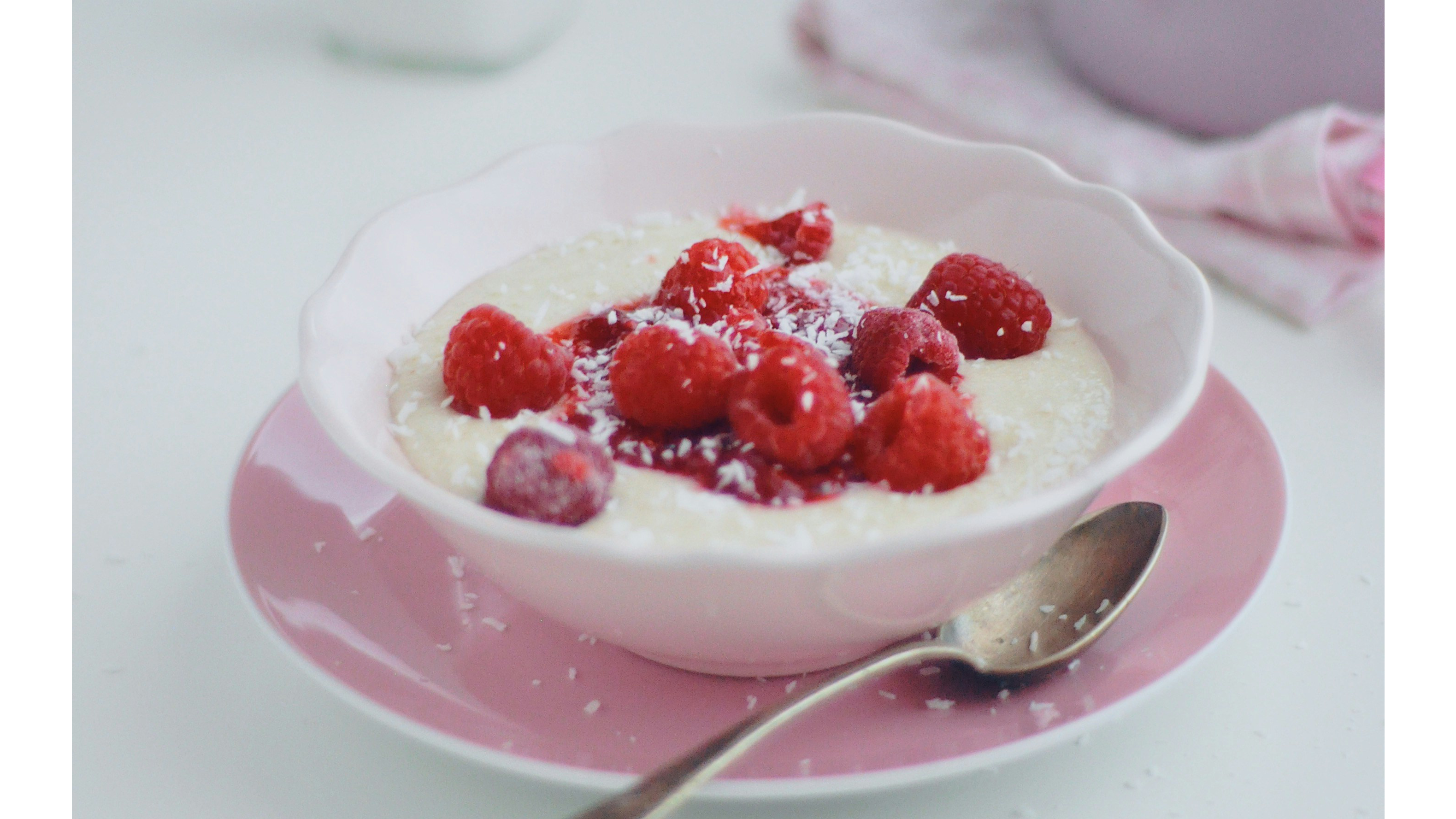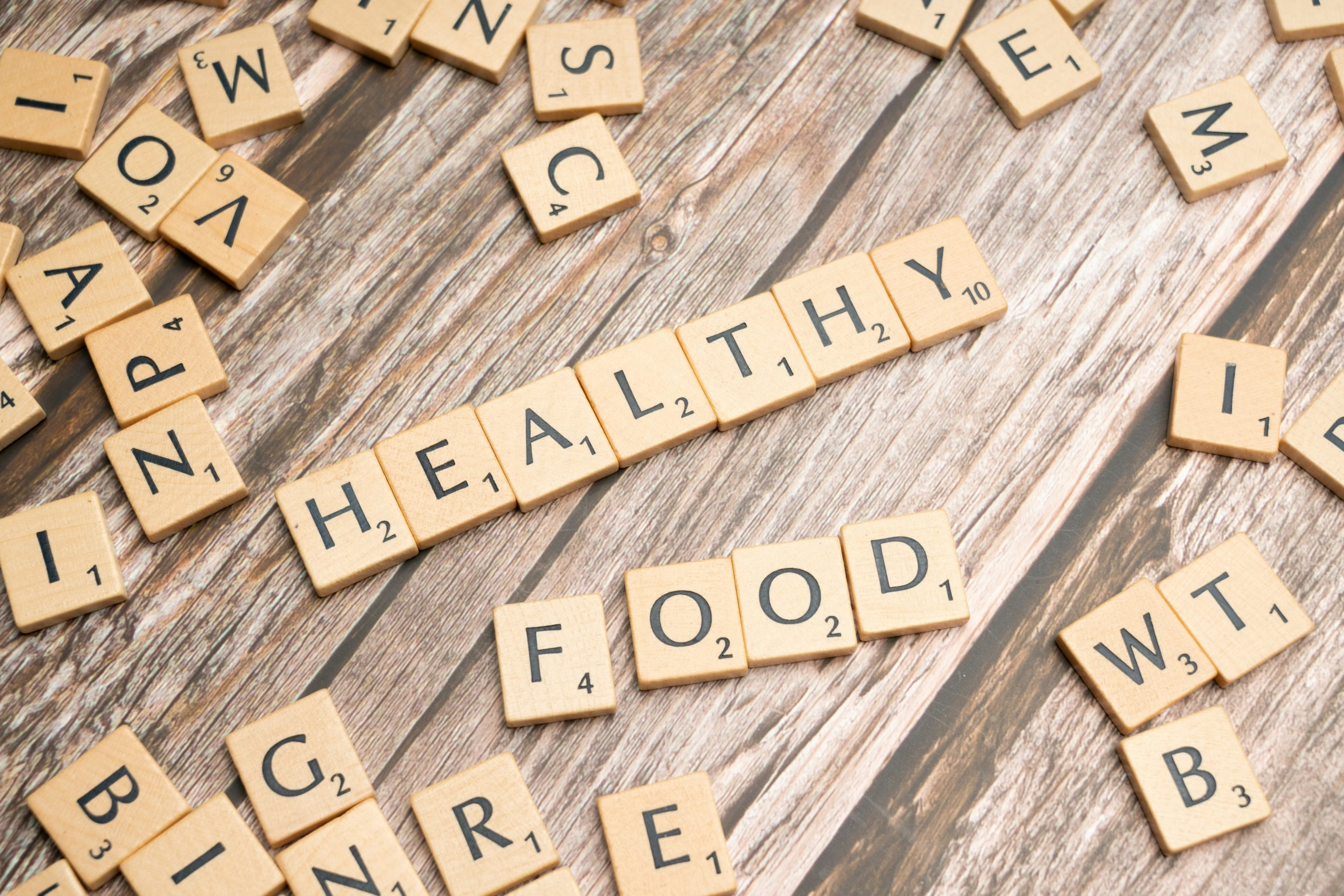Your gut is not only a digestive organ—it’s the control center for your immunity, mood, and overall health. A healthy gut doesn’t only assist you in digesting food—it affects everything from inflammation to mental health. In this simple guide, we’ll tell you the best foods for gut health, daily digestive health hacks, and common myths you need to stop believing.
Why Gut Health Matters
Your digestive system contains trillions of bacteria, collectively known as the gut microbiome. A balanced microbiome helps in:
- Efficient digestion and nutrient uptake
- Regulation of the immune system
- Clear thinking and mood stability
- Decreasing inflammation in the body
When your gut is not in balance, it can result in bloating, fatigue, weakened immunity, and even depression or anxiety.
Best Foods for Gut Health
Feed your digestive system properly. These are the best choices to boost digestion naturally:

- Yogurt & Kefir : – Probiotic-rich, and these will boost the good bacteria in your gut.’
- Fermented Foods (Kimchi, Sauerkraut, Miso) : – Have natural probiotics and enzymes to facilitate digestion.
- Prebiotic Foods (Garlic, Onions, Bananas, Asparagus) : –Nourish the good bacteria and let them thrive.
- Whole Grains (Oats, Quinoa, Brown Rice) : – Full of fiber, which keeps the bowel movements regular and nourishes healthy bacteria.
- Leafy Greens (Spinach, Kale, Swiss Chard) : – Rich in fiber and antioxidants that suppress inflammation in the gut.
- Bone Broth : – Soothes digestive lining and aids digestion healing.
- Chia Seeds & Flaxseeds : – Excellent sources of omega-3s and fiber for silky smooth digestion.
- Green Tea : – Polyphenols that block the growth of bad gut bacteria.
Daily Habits to Boost Digestive Health
Small changes to your lifestyle can really boost your gut health:
- Stay Hydrated: Water prevents the food from being stuck in your digestive tract.
- Chew Thoroughly: Proper chewing starts digestion early and eases the stomach’s workload.
- Manage Stress: Chronic stress alters gut bacteria and impairs digestion. Practice mindfulness or meditation.
- Get Quality Sleep: Your gut microbiome follows a rhythm—poor sleep disrupts it.
- Exercise Regularly: Physical activity helps regulate digestion and reduces bloating.
Gut Health Myths Busted
Let’s clear up some common gut health myths that may be doing more harm than good:
Myth 1: All Bacteria Are Bad
Wrong! Your gut requires good bacteria for immune function and digestion.
Myth 2: Probiotics Alone Fix Everything
Helpful, but not magic. Without prebiotics and good habits, they won’t survive.
Myth 3: Gluten-Free Means Healthier Gut
Unless you’re gluten-sensitive or celiac, whole grains actually support gut health.
Myth 4: You Need a Daily Detox
Your body detoxes naturally. Prioritize real food, not trendy cleanses.
Myth 5: Bloating Is Always Bad
Some bloating following high-fiber meals is to be expected—it indicates your gut bacteria are doing their job.
Your gut health is the foundation of your overall wellness. By consuming the proper foods for gut health, embracing healthy digestive practices, and sidestepping popular gut health myths, you can dramatically enhance digestion naturally.
Begin small. Incorporate fermented foods into your diet, drink plenty of water, regulate stress, and most importantly—listen to your body. A healthy gut creates a happier, more energetic you.
Saksham Kaushik is a talented writer and knowledge seeker who enjoys studying and sharing knowledge on everyday happenings, trends, and interesting facts. With keen observation skills and a curiosity-based approach, He analyzes heavy subjects into simple-to-read articles, keeping readers updated and interested. From international updates to technology breakthroughs, lifestyle suggestions, and food for thought, Saksham Kaushik provides new insights and useful information every day.




